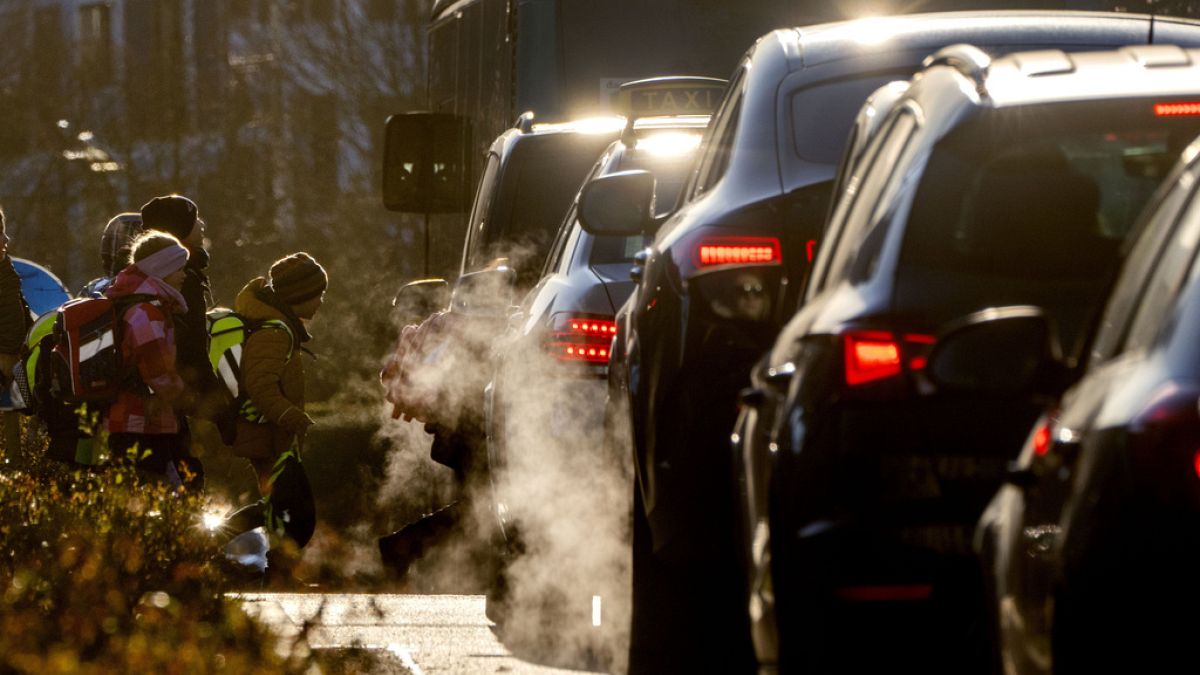The European Automobile Manufacturers’ Association is facing a significant challenge due to the impending stricter carbon dioxide (CO2) emissions limits set to kick in next year. Sales of electric vehicles have plummeted, leading carmakers to beg for leniency from the European Commission to avoid facing immense fines for non-compliance with CO2 emissions standards. The industry is struggling with decreasing sales trends and a lack of charging infrastructure, which is deterring potential buyers from investing in electric vehicles. The average CO2 emissions per kilometer are currently at 106.6g, far above the upcoming limit of 93.6g, causing concern for the industry.
The European Automobile Manufacturers’ Association (ACEA) is warning of potential multi-billion-euro fines for car manufacturers if they fail to meet the upcoming CO2 emissions limits. The decline in sales of fully electric vehicles, along with the lack of charging infrastructure and financial incentives for consumers, is exacerbating the industry’s challenges. The industry is calling for urgent intervention from EU policymakers to address the current situation and prevent massive fines next year. The shift towards zero-emission vehicles is becoming increasingly critical as the EU tightens emissions standards to combat climate change.
Despite significant investments in electric vehicles, car manufacturers are struggling to meet the EU’s stringent CO2 emissions limits, which are set to decrease to 93.6g per kilometer next year. The industry is calling for support from governments and policymakers to stimulate the market, including incentives for consumers and the deployment of more charging infrastructure. Many countries have already offered subsidies for electric vehicles, but some programs have been discontinued, leaving carmakers without the necessary support to transition towards zero-emission vehicles.
With the impending emissions standard deadline approaching in 2025, the European car industry is facing a critical moment in which urgent action is needed to avoid hefty fines. While some national governments and industry players are advocating for leniency and a review of the emissions targets, the European Commission has shown little sympathy for the industry’s predicament. Car manufacturers argue that they have made significant investments in electrification but are still struggling to meet consumer demand and regulatory requirements for emissions reductions.
As the pressure mounts on the European car industry to transition towards zero-emission vehicles, the sector faces a complex set of challenges that require immediate attention. The industry is calling for support from policymakers, including incentives for consumers, the deployment of charging infrastructure, and a review of emissions targets to avoid massive fines. With the looming deadline for stricter CO2 emissions limits, the industry must find ways to balance profitability with sustainability while meeting consumer demand and regulatory requirements.
In the face of increasing regulatory requirements and market demands, the European car industry must navigate a path towards sustainability while maintaining profitability. Car manufacturers have made significant investments in electrification but are struggling to meet the upcoming emissions targets. The industry is calling for urgent intervention from the EU to address the current challenges and prevent massive fines next year. As the market transitions towards zero-emission vehicles, policymakers, governments, and car manufacturers must work together to ensure a sustainable future for the European automotive sector.










